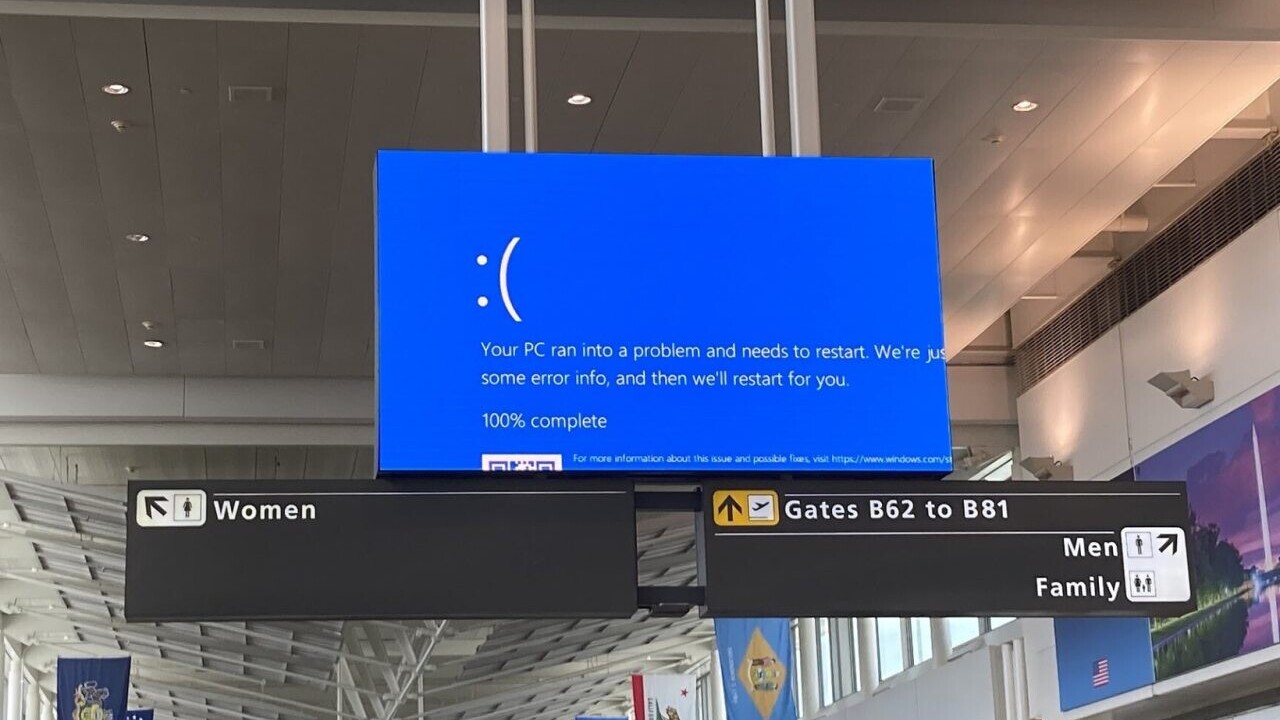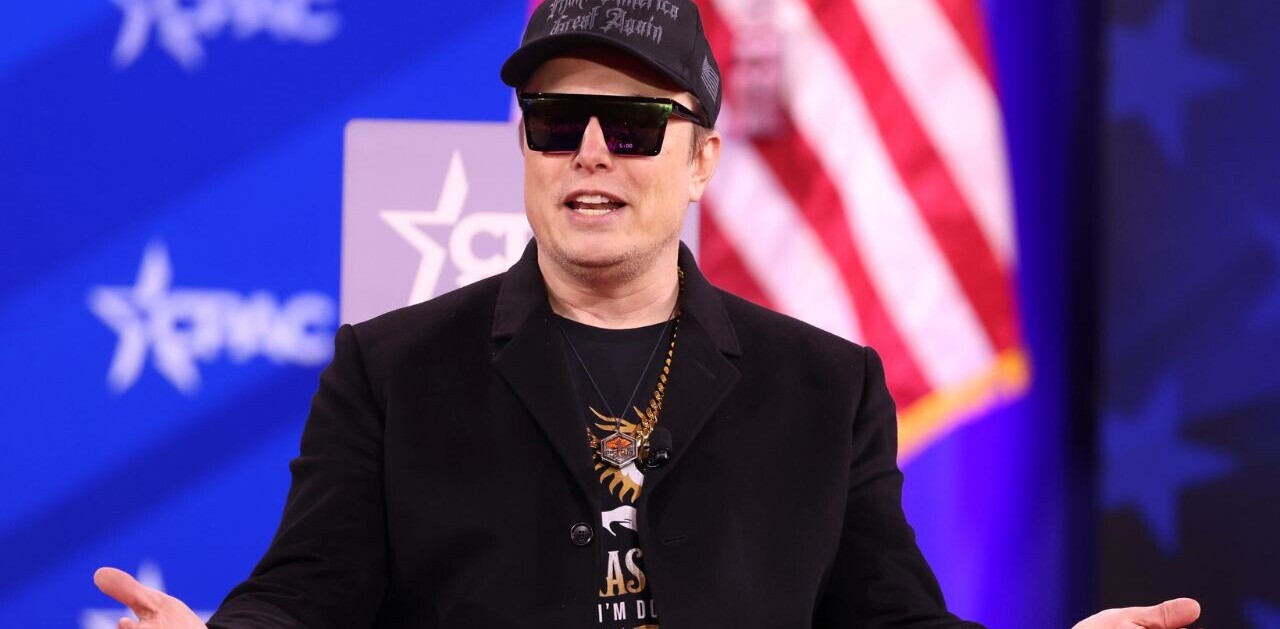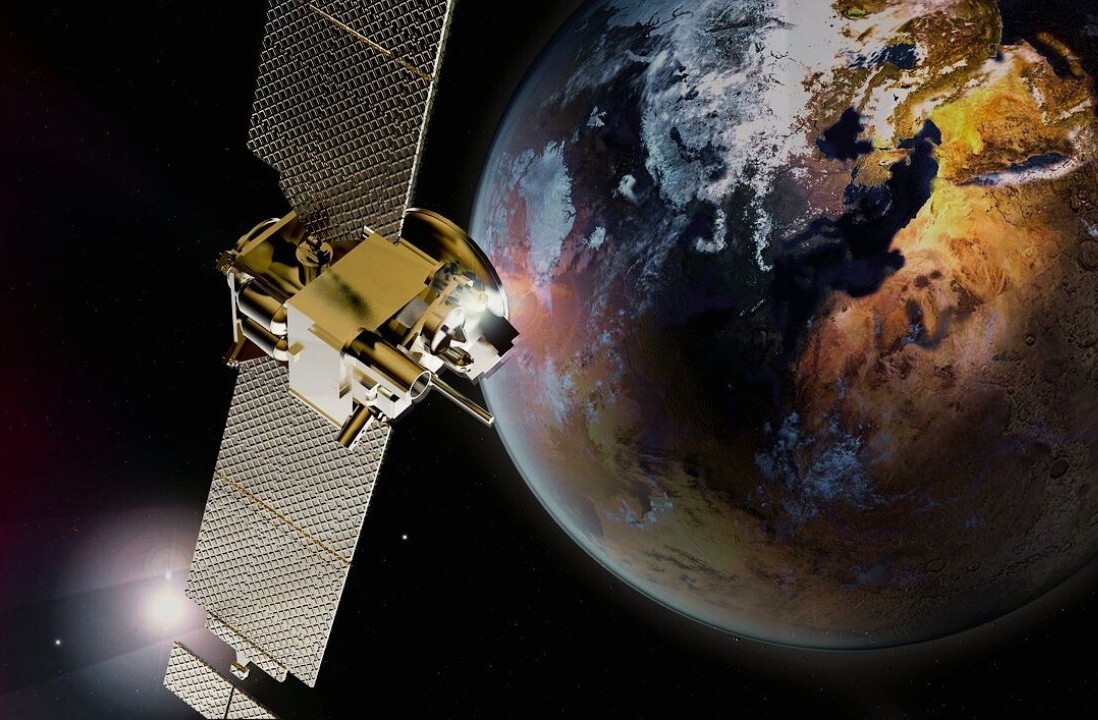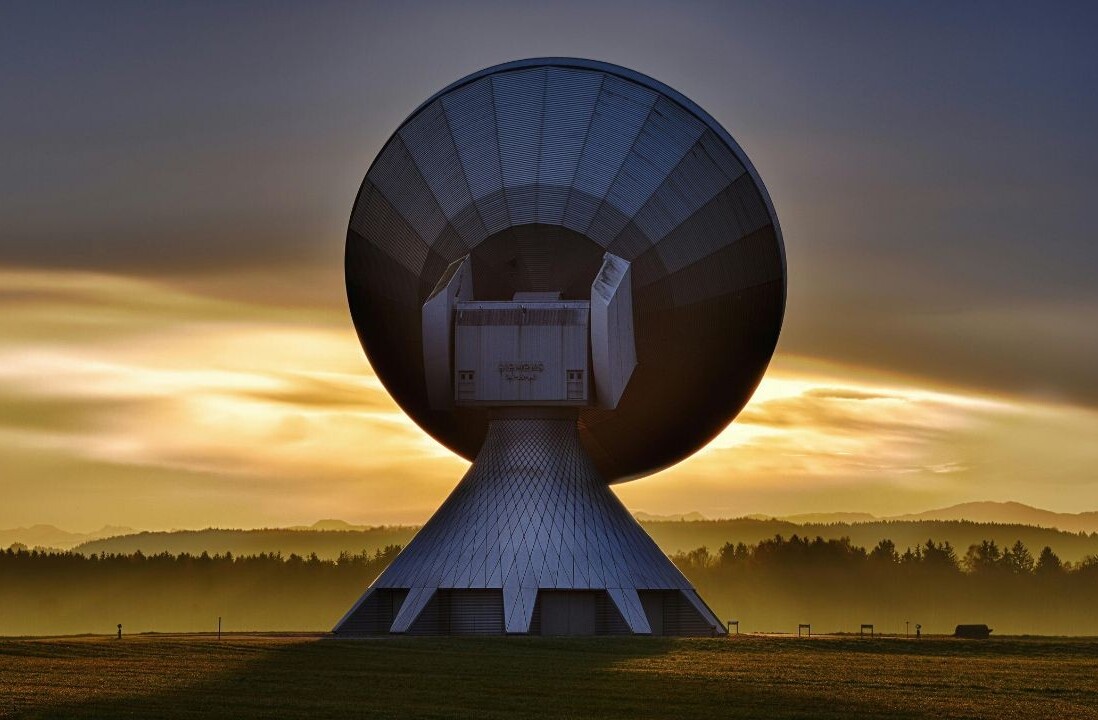The recent CrowdStrike crash took place at the intersection of bad cybersecurity and bad cloud computing. The headlines showed the world what many of us have long warned about — that concentrating power with a handful of tech titans is dangerous and can have devastating real-world consequences.
It didn’t take a cyberattack to cause this global crisis — just a simple mistake. One faulty update from CrowdStrike affected businesses, governments, hospitals, and airlines. The issue only affected certain Windows devices, yet it sent out ripples impacting a huge number of other systems as a result of our dependency on a few providers.
Global digital infrastructure’s flaws
The fragility of our digitised world was brought into sharp focus by scenes of disrupted hospital services, grounded flights, and frozen financial transactions. When giants like Microsoft take a hit, the shockwaves can be devastating.
We’ve seen this play out time and again, and we’ll continue to see incidents like it until there’s a major shakeup in the ecosystem.
Indeed, we’ve seen concern over this concentration of power echoed in the US justice system, where a judge recently ruled that Google’s online search monopoly is illegal, leading the Department of Justice to consider breaking up the company. This decision underscores not only how monopolisation cannot stifle competition and innovation, but also the robust measures required to take back control.
Much has been written about the dangers of consolidating power in the hands of a few vast companies. This overreliance can lead to single points of failure in our global infrastructure, amplifying the risks in the event of attacks or accidents.
It isn’t just Microsoft in this situation: CrowdStrike holds nearly a 24% market share in the endpoint security market, compounding the problems of concentrated power and increasing the likelihood of widespread disruption.
The CrowdStrike incident has shown that governments and regulators need to intervene if we’re to prevent this from happening again, potentially on an even larger scale. Dismantling big-tech monopolies would allow a genuinely multi-cloud environment to flourish. Once we have a more open market, we can start to build a more resilient digital infrastructure.
The threat of AI and big tech dominance
The UK’s Competition and Markets Authority (CMA) is currently examining whether the dominance of major tech companies unduly harms competition and consumers.
With the recent transition to a Labour government, our leaders now have the opportunity to thoroughly assess these concerns before fully committing to big tech solutions. The rise of AI adds another layer of complexity here, introducing new threats and challenges that we must tackle proactively.
Not only are we confronting the potential emergence of AI-driven threats, but we are also risking our economies by heavily relying on a few tech giants. As AI progresses, the control and influence of major tech companies over these developments could result in unforeseen dangers. To mitigate these risks, we require an open, transparent, and equitable cloud and IT ecosystem.
A wake-up call
This global outage highlights the urgent need for change. We can no longer ignore the risks posed by concentrating so much power in the hands of a few companies. The reality is that our current digital infrastructure is far too reliant on these monopolies, leaving us vulnerable to both human errors and potential malicious attacks.
Governments and regulators must take decisive action to dismantle the dominance of big tech. Let’s create a future where our digital landscape is not controlled by a small number of major tech companies but is instead a robust, secure, and resilient ecosystem that fosters innovation and growth.
The US government’s consideration of breaking up major tech firms is merely the first step in what is likely to be a long and challenging road towards a more balanced and competitive digital world. If we do not act now to diversify our digital infrastructure, we are merely setting ourselves up for future disasters.
We must learn from this incident and take proactive measures to prevent similar widespread disruptions in the future. Moving forward, collaboration between governments, regulators, and the tech industry is necessary to create a more open and competitive environment.
This approach will help ensure the stability and security of our digital infrastructure, shielding it from the vulnerabilities revealed by our dependence on a small number of powerful tech organisations.
Mark Boost, is a pioneering entrepreneur renowned for his transformative impact on the tech industry. He is the co-founder and CEO of Civo, a groundbreaking cloud computing provider launched in 2018. Civo specialises in Kubernetes hosting and is celebrated globally for introducing the world’s first managed Kubernetes service powered by K3s, which offers the fastest cluster deployment times.
In addition to his role at Civo, Mark is the founder and chairman of ServerChoice, a bespoke managed/cloud hosting and colocation services provider. His ventures reflect a consistent commitment to innovation and excellence, making significant strides in cloud computing and hosting under his visionary leadership.
Get the TNW newsletter
Get the most important tech news in your inbox each week.






